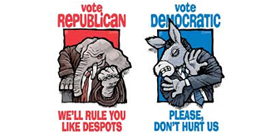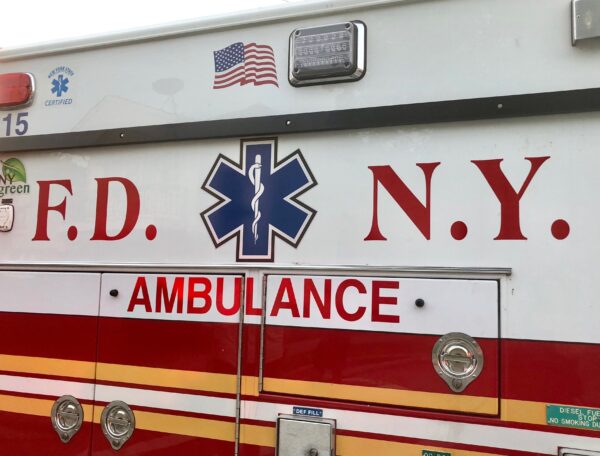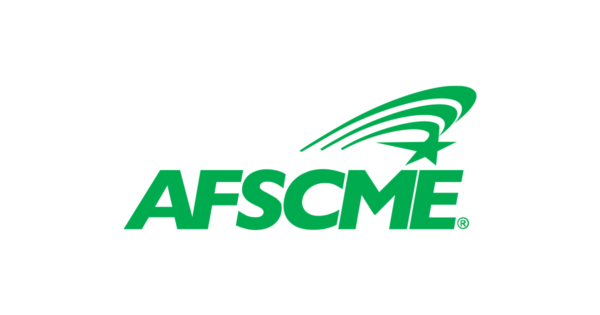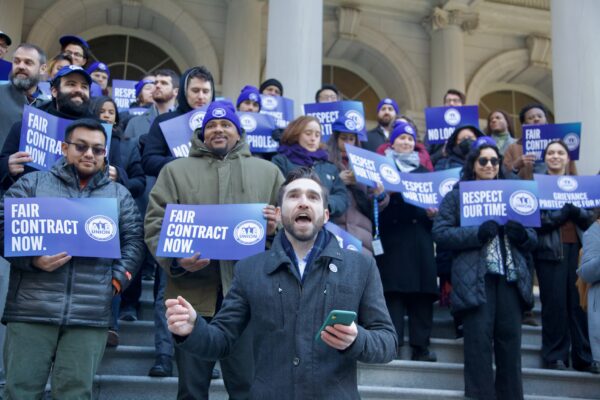The Difference Between Republican and Democrat Campaign Platforms
October 29, 2012
Reprinted in LaborPress http://www.ironworkers.org/
 Both parties talk about working people in their platforms, but from radically different perspectives. The Democrats express solidarity with the working middle class, while the Republicans attack the right of workers to organize for pensions and fair pay. Read their own words here, and decide for yourself which party will best represent our interests in Washington.
Both parties talk about working people in their platforms, but from radically different perspectives. The Democrats express solidarity with the working middle class, while the Republicans attack the right of workers to organize for pensions and fair pay. Read their own words here, and decide for yourself which party will best represent our interests in Washington.
Democrats
Organized labor made its voice heard at the Democratic convention, where a significant number of delegates were union members. Their influence is evident in the party platform addressing labor and the rights of all workers.
From the 2012 Democratic Party Platform:
“Because the president and the Democratic Party believe in the right to organize and in supporting America’s workers with strong labor laws, the president rolled back harmful labor policies designed to undermine collective bargaining rights. The president appointed members of the National Labor Relations Board and National Mediation Board who understand the importance of standing up for the rights of workers. He placed his bet on the American worker when he rescued the auto industry. His administration will continue its fight against the exploitative practice of employers fraudulently misclassifying workers as independent contractors or white-collar workers to evade taxes or deny them protections and overtime benefits. As new employment relationships evolve away from the traditional employee-employer model, we need to make sure our labor laws are modernized and keep pace with changes in our economy.
“Democrats believe that the right to organize and collectively bargain is a fundamental American value; every American should have a voice on the job and a chance to negotiate for a fair day’s pay after a hard day’s work. We will continue to fight for the right of all workers to organize and join a union. Unions helped build the greatest middle class the world has ever known. Their work resulted in the 40-hour workweek and weekends, paid leave and pensions, the minimum wage and health insurance, and Social Security and Medicare-the cornerstones of middle class security. We will fight for labor laws that provide a fair process for workers to choose union representation, that facilitate the collective bargaining process, and that strengthen remedies for violations of the law. We will fight for collective bargaining rights for police officers, nurses, firefighters, emergency medical technicians, teachers, and other public sector workers-jobs that are a proven path to the middle class for millions of Americans. We will continue to vigorously oppose ‘Right-to-Work’ and “paycheck protection’ efforts, and so-called ‘Save our Secret Ballot’ measures whenever they are proposed.
We will raise the minimum wage, and index it to inflation. We believe in an America where people looking for work can find good jobs, where hard work pays, and where responsibility is rewarded. Our Occupational Safety and Health Administration will continue to adopt and enforce comprehensive safety standards.’
Republicans
Although there are friends of labor in the Republican Party who tried hard to represent our interests, it was the far right that dictated the party platform this year. The result is the most anti-worker platform in modern history.
From the 2012 Republican Party Platform:
‘We will restore the rule of law to labor law by blocking ‘card check,’ enacting the Secret Ballot Protection Act, enforcing the Hobbs Act against labor violence, and passing the Raise Act to allow all workers to receive well-earned raises without the approval of their union representative. We demand an end to project labor agreements; and we call for repeal of the Davis-Bacon Act, which costs the taxpayers billions of dollars annually in artificially high wages on government projects. We support the right of states to enact right-to-work laws and encourage them to do so to promote greater economic liberty. Ultimately, we support the enactment of a national right-to-work law to promote worker freedom and to promote greater economic liberty.
‘We salute the Republican governors and state legislators who have saved their states from fiscal disaster by reforming their laws governing public employee unions. We urge elected officials across the country to follow their lead in order to avoid state and local defaults on their obligations and the collapse of services to the public. A Republican president will protect the rights of conscience of public employees by proposing legislation to bar mandatory dues for political purposes.
‘No peril justifies the regulatory impact of Obama-care on the practice of medicine; the Dodd-Frank Act on financial services, or the EPA’s and OSHA’s overreaching regulation agenda. A Republican congress and president will repeal the first and second, and rein in the third. We call for a moratorium on the development of any new major and costly regulations until a Republican administration reviews existing rules to ensure that they have a sound basis in science and will be cost-effective.’
With this information, you should have an idea who will look out for you after November. Just keep the facts in mind.
Card check legislation requires an employer to recognize a union when a majority of workers have a union card. It is much harder for workers to organize without it. Democrats support it and Republicans oppose it.
Project labor agreements help unions secure the wages and benefits of workers on construction projects. The Republican platform would do away with them.
Davis-Bacon, which Democrats want to preserve and most Republicans want to repeal, protects construction workers by requiring contractors to pay prevailing wages on federal projects.
“Right-to-Work” laws weaken unions, cause wages to drop wherever they are passed and force unions to represent workers who don’t pay dues. Republicans support them and Democrats oppose them.
OSHA regulations save lives and provide a standard for all contractors and employers. Currently the Iron Workers are working to update the regulations for reinforcing steel and post-tensioning placement. These regulations have not been updated since the formation of OSHA in 1971.



